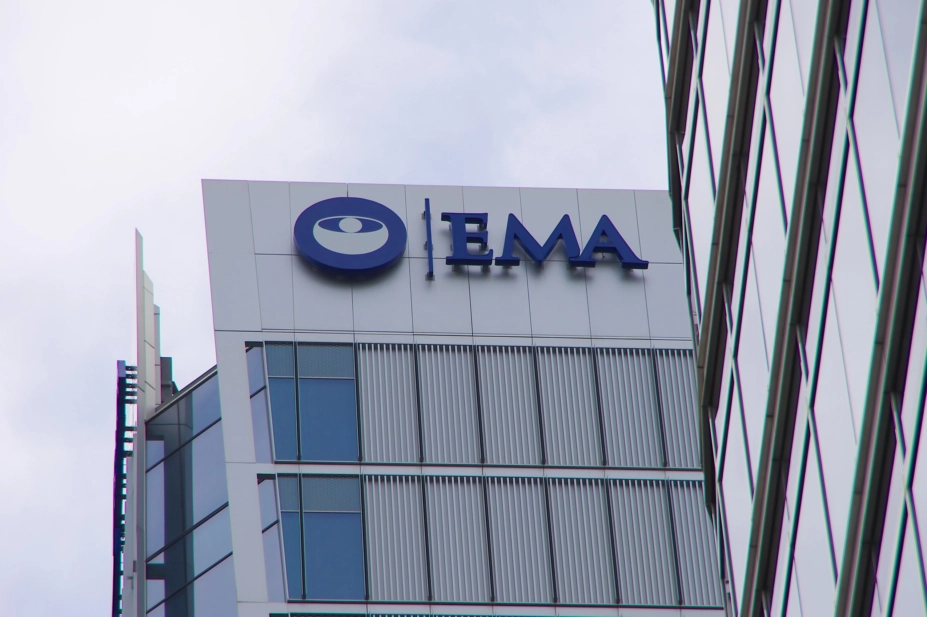
Shutterstock.com
The government lost its second vote on Brexit when MPs backed an amendment to its Trade Bill that instructs the government to make the UK’s participation in the European medicines regulatory network a negotiating priority when the UK leaves the EU.
Parliament voted 305 to 301 in favour of amendment New Clause 17 (NC17) to the Trade Bill, which was submitted by Conservative MP for Bracknell, Phillip Lee. Lee resigned as justice minister in June 2018 over the government’s handling of Brexit.
Speaking before the vote on amendment NC17 in the House of Commons on 17 July 2018, Lee said: “The European medicines regulatory network partnership makes the process of accessing life-saving new medicines and moving medicines quick and easy. If we leave that partnership, the NHS would get ground-breaking new drugs like those for cancer, dementia and diabetes long after other parts of the world.
“That is because pharmaceutical companies will apply for licences in the much larger American, European and Asian markets before they come to the UK.
“It would also be harder to get the medicines we need when we need them — this is particularly worrying for time-critical drugs and equipment,” he said, giving the example of the Manchester Arena bombing in 2017, when some of the trauma treatments used for victims were initially stocked in Amsterdam.
“We got them straight away because there were no borders or checks … after Brexit we could, in effect, create a hard border so this would not be so easy.”
The government has previously stated that it would seek continued membership of the European Medicines Agency (EMA) after Brexit, and that it would be prepared to pay to do so.
In a joint statement on behalf of the pharmaceutical industry in the UK, Mike Thompson, chief executive of the Association of the British Pharmaceutical Industry, and Steve Bates, chief executive of the BioIndustry Association, said that through the vote, parliament had sent a clear message that patients and public health should be a top priority for the government in these negotiations.
“Every month, 37 million packs of medicine arrive in the UK from the EU and 45 million move the other way … therefore, it is essential that the UK continues to participate in the EMA after Brexit, as set out in the Brexit White Paper and in the prime minister’s Mansion House speech.”
The Drug Safety Research Unit (DSRU), an independent academic unit internationally renowned for conducting pharmacovigilance studies on newly licensed medicines, also welcomed the decision to have continued involvement in EU medicines regulation after Brexit.
“The DSRU believes that the overall aim should be to ensure that citizens of the UK and the EU continue to gain access to the best and most innovative medicines,” a spokesperson said.


